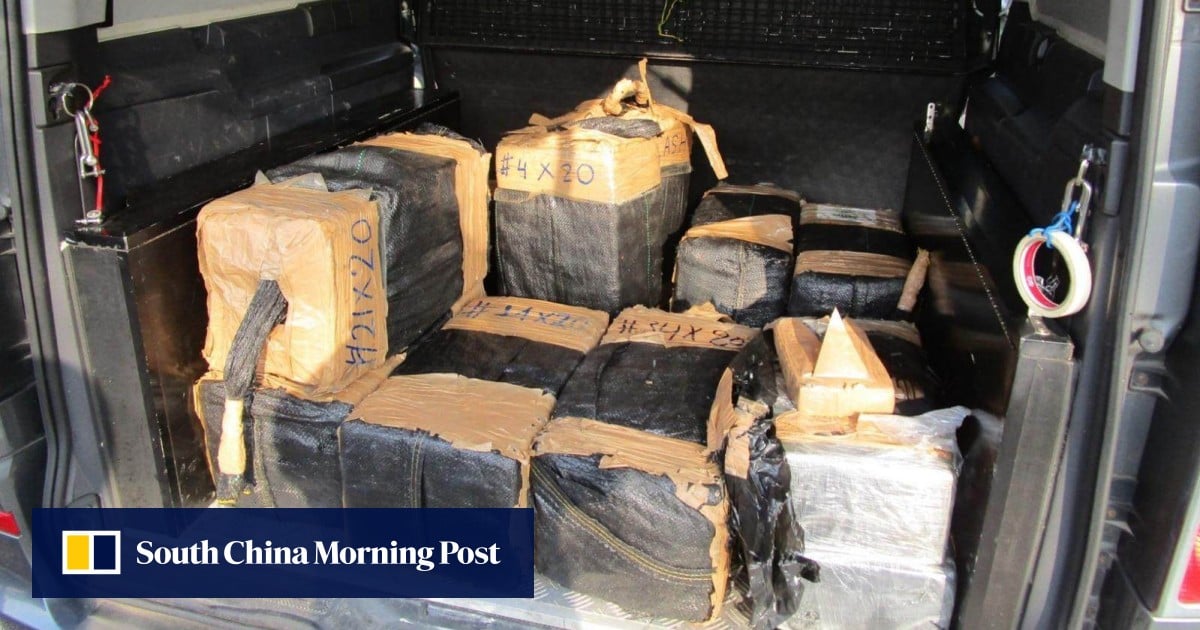A Hong Kong dollar note is seen in this illustration photo May 31, 2017. REUTERS/Thomas White/Illustration/File Photo
HONG KONG, June 24 (Reuters Breakingviews) – Whenever some aspect of Hong Kong’s U.S. dollar peg appears askew, observers suggest that the scheme’s end is nigh — or has already arrived. This time, it’s the persistent wide gap in overnight interest rates between the city and the U.S. market that is reviving the argument for ditching the 41-year-old currency board. But the current system is the least worst option.
Granted, a key mandate is to match interest rates with those in the U.S. to keep the currency’s spot price in line. The Hong Kong Monetary Authority does this by buying or selling currency to raise or lower short-term rates, which then push the exchange rate back between HK$7.75 and HK$7.85 against the greenback. Hence concerns that overnight borrowing costs are some 4.3% stateside compared with almost nothing in the city.
Sign up here.
That lending rates have been low for six weeks, however, is not a sign of imminent doom but rather the system working as intended: until the currency breaches the trading band floor, there is no reason for the HKMA to intervene since interest rates are only a policy tool — not the ultimate target. And to drop the system now would be deeply unwise.
Hong Kong’s autonomy, however diminished, is undergirded by its role as a reliable venue for China’s companies to raise de facto dollar funds despite mainland capital controls. That would disappear if the current system were replaced with a yuan peg — one option frequently floated.
- Hong Kong’s overnight lending rate has languished at almost zero for nearly a month amid a surge in interbank liquidity, leaving it well below the American overnight rate of 4.3% and stoking speculation about the sustainability of the financial hub’s four-decade-old U.S. dollar peg.
Editing by Antony Currie; Production by Ujjaini Dutta
Our Standards: The Thomson Reuters Trust Principles.



